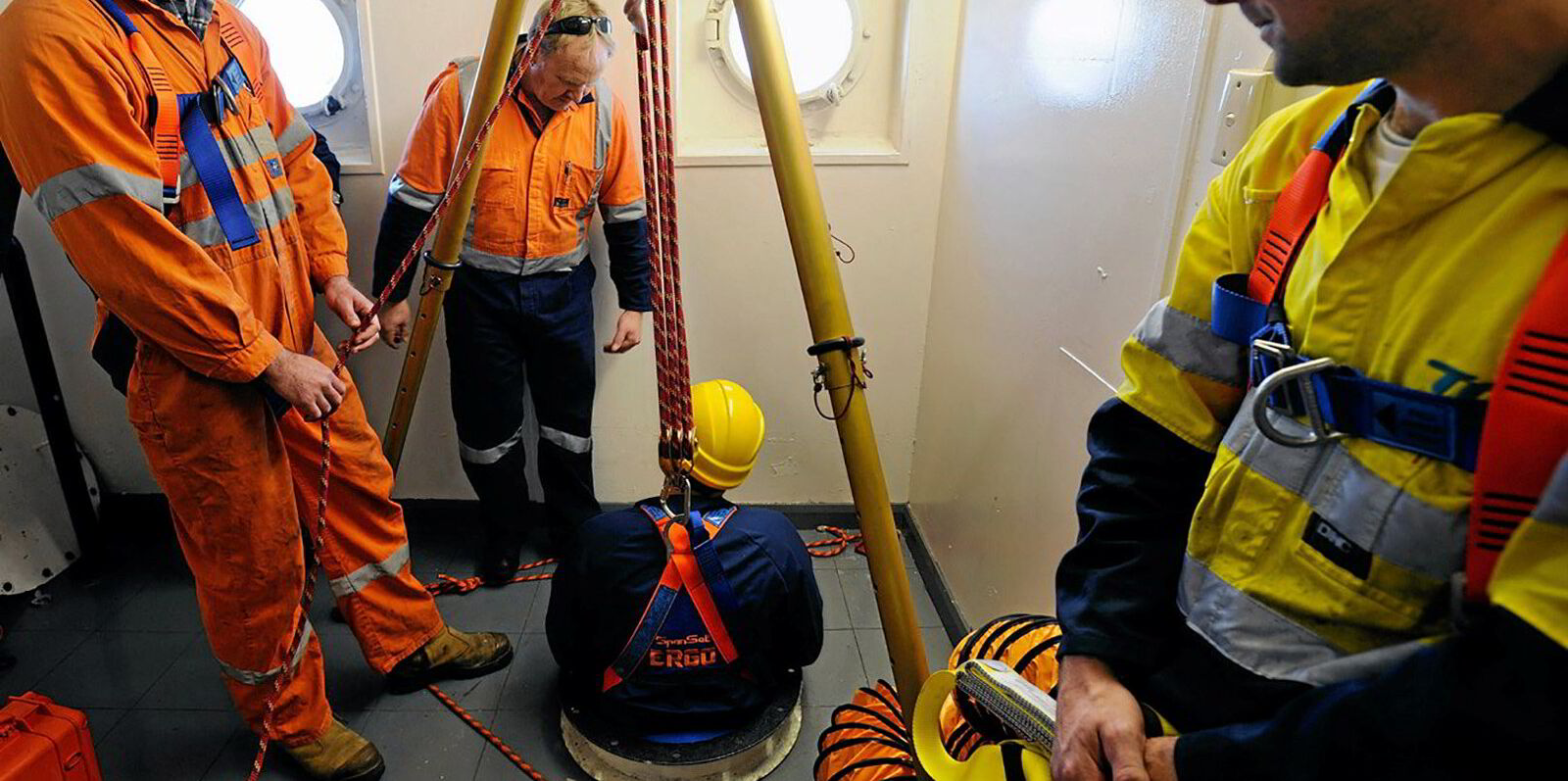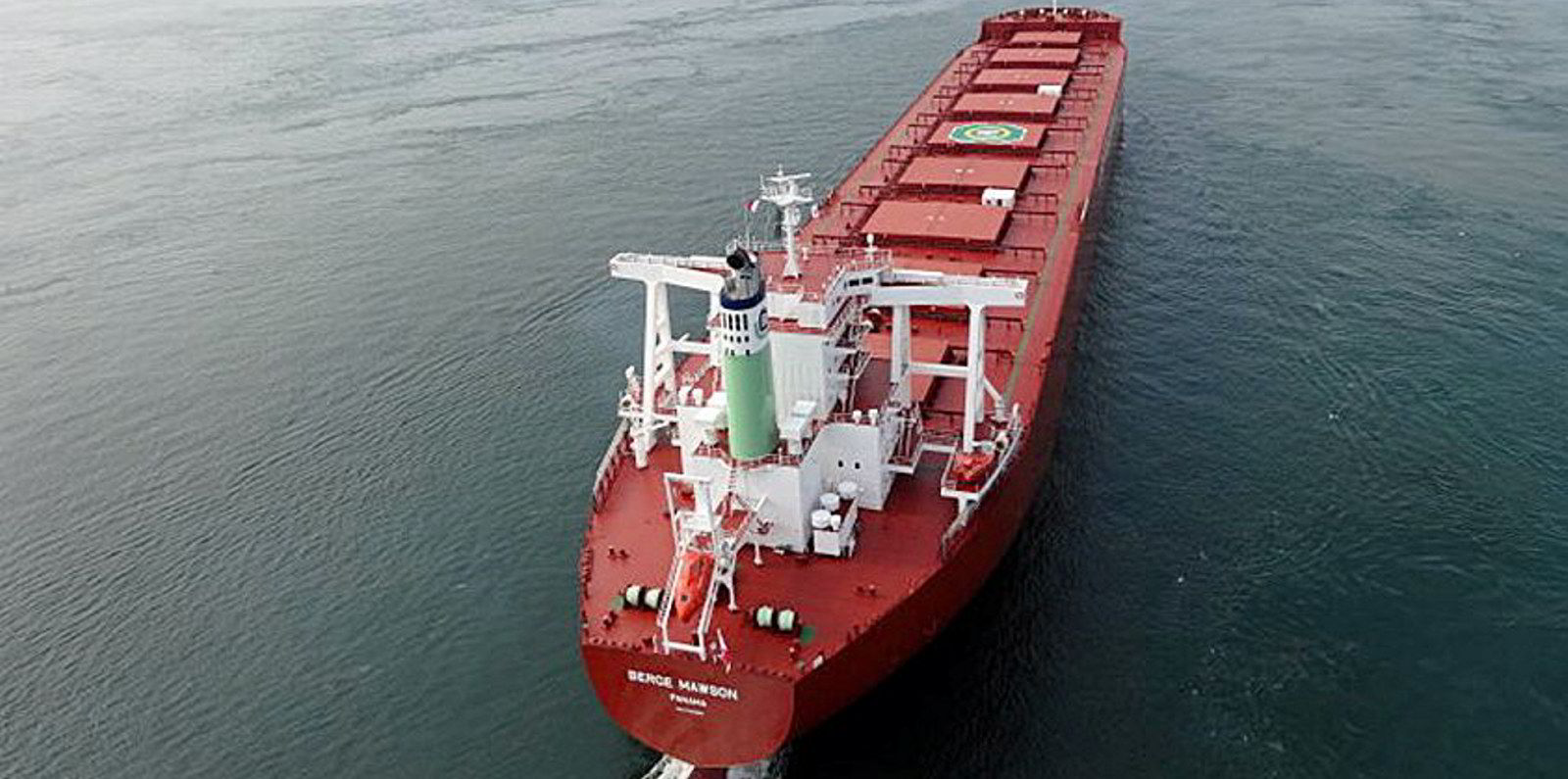India has warned ship operators to ensure that hatches to dangerous holds are properly locked and marked after the deaths of three stevedores on two bulkers.
Two men died at Krishnapatnam port in Andhra Pradesh, India, on 1 March after climbing through the wrong hatch after undoing wire ties keeping it closed, according to a circular issued by the Indian authorities.
“Even though they were wire lashed, the shore gang opened it by themselves and entered the wrong bobby hatch … without informing the ship staff,” the circular said.
The circular said that the hatches were not properly numbered. The enclosed space they went into was rich in methane and lacking in oxygen, according to the directorate general of shipping.
The bodies of the two Indians, aged 21 and 33, were discovered while the coal cargo of the Chinese-owned and operated 40,913-gt Rui Ning 21 (built 2014) was being unloaded.
The third man, aged 32, died on a Turkish bulker, the 43,717-gt Ulusoy-11 (built 2011), on 23 April after going into the right hatch but trying to come out via the wrong ladder, where there was a shortage of oxygen.
The Indian authorities said that the preliminary investigations into the deaths revealed gaps in safety measures that may have contributed to the deaths.
It said vessel hatches should be properly locked and marked and that stevedores should be properly trained and briefed.
The number of seafarers who died from asphyxiation in enclosed spaces spiked last year, with new data showing most accidents happened during planned work.
More than 30 people died in 2023, the second-highest annual number from records going back nearly three decades, according to ship management association InterManager.
The International Maritime Organization introduced stricter controls on working in enclosed spaces in 2011 after the deaths of 80 seafarers and port workers from asphyxiation from 1996 to 2010, according to InterManager data.
Analysis of more than 1,600 inspection reports published in June by offshore trade body the International Marine Contractors Association found that nearly one in 10 vessels did not properly control entry to enclosed spaces.
Read more
- Schulte Group criticised after over-promoted gas carrier engineer killed in fire
- Shipping ‘needs to do more to protect crew in enclosed spaces’
- If you want to build safer ships — ask a seafarer, says InterManager
- Kuba Szymanski: We need to fix shipping’s image problem
- P&I insurers act on enclosed space accidents as death toll rises




